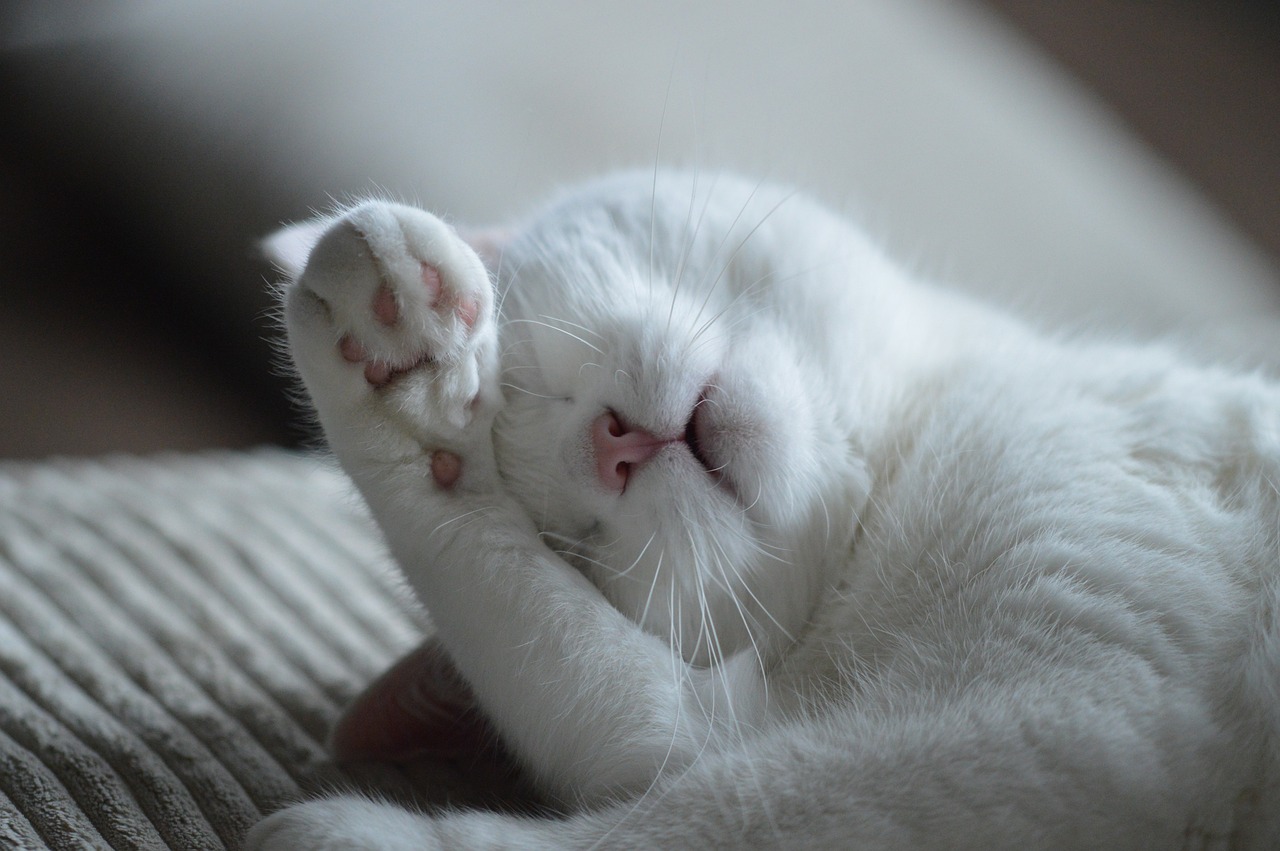Introduction: Do cats really like routine?
Cats like routine—it’s one of the things that can make them feel safe and comfortable. While cats are often seen as independent, free-spirited creatures, each with their own personality and quirks, they thrive on consistency. Despite their reputation for being self-sufficient, cats truly appreciate a predictable schedule. Have you ever noticed your cat becoming restless or anxious when their usual rhythm is disrupted? You’re not alone. From mealtime to play sessions, cats are creatures of habit, and they find peace in regularity.
But why exactly do cats like routine so much?
What is it about a consistent, structured schedule that gives them a sense of security and calm? Whether it’s the comfort of knowing when their next meal is coming or the reassurance of familiar activities throughout the day, routines are crucial to their well-being. In this guide, we’ll explore why cats like routine, how it positively impacts their behavior and health, and how you can create a steady, comfortable rhythm that helps your feline friend feel safe, relaxed, and happy. By understanding your cat’s natural preference for consistency, you’ll be able to nurture a peaceful and harmonious life together.
Why do cats like routines?
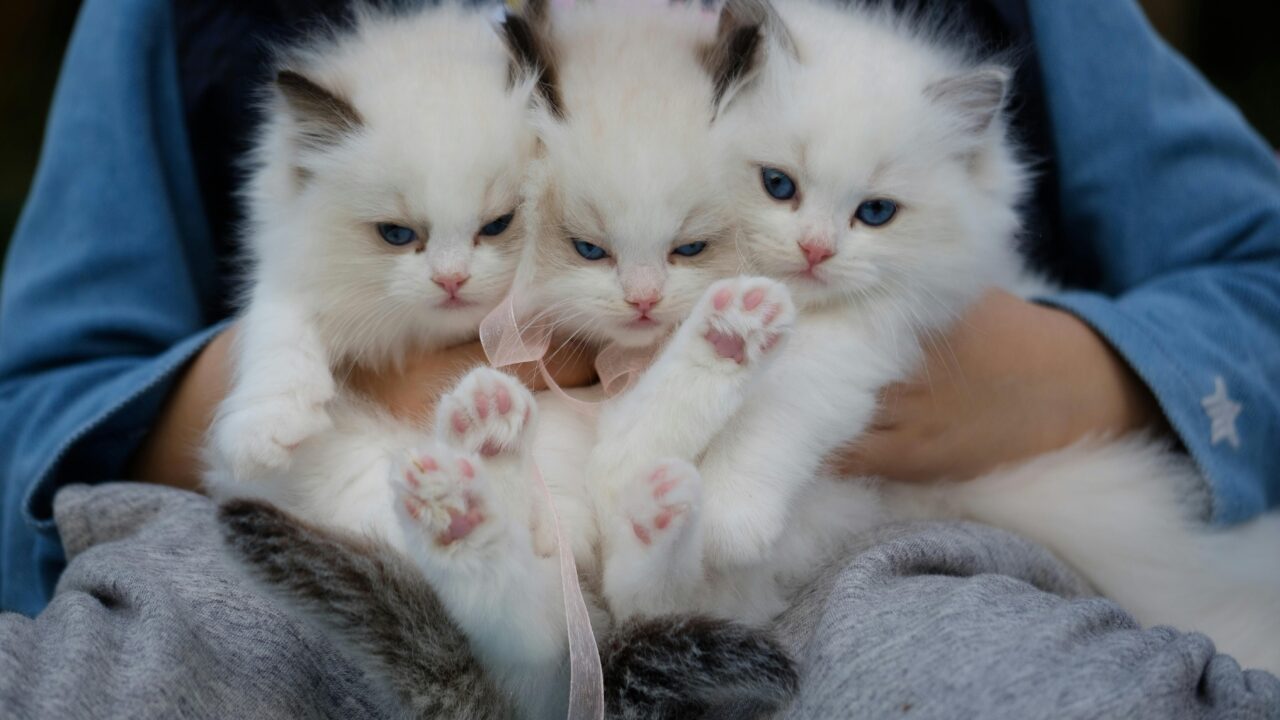
To understand why cats want consistency, it’s helpful to look at their natural instincts. In the wild, cats were creatures of habit, following predictable patterns to hunt, rest, and stay safe. This innate need for routine has carried over into the lives of domestic cats, too. A consistent schedule makes cats feel safe, reduces stress and creates a familiar environment.
- Predictable patterns: Cats feel more comfortable when they know what’s coming next.
- Daily rhythm: Like a set pace for the day, daily rhythms help reduce cats’ stress.
- Stable schedule: It makes cats feel safe and in control of their surroundings.
- Stability provides comfort: A stable routine helps cats feel confident and in control, which reduces surprises.
- Territorial protection: Cats are territorial by nature. A structured daily schedule helps them feel ownership over their environment, which promotes a sense of calm.
The positive effects of routine on cats' mood and behavior
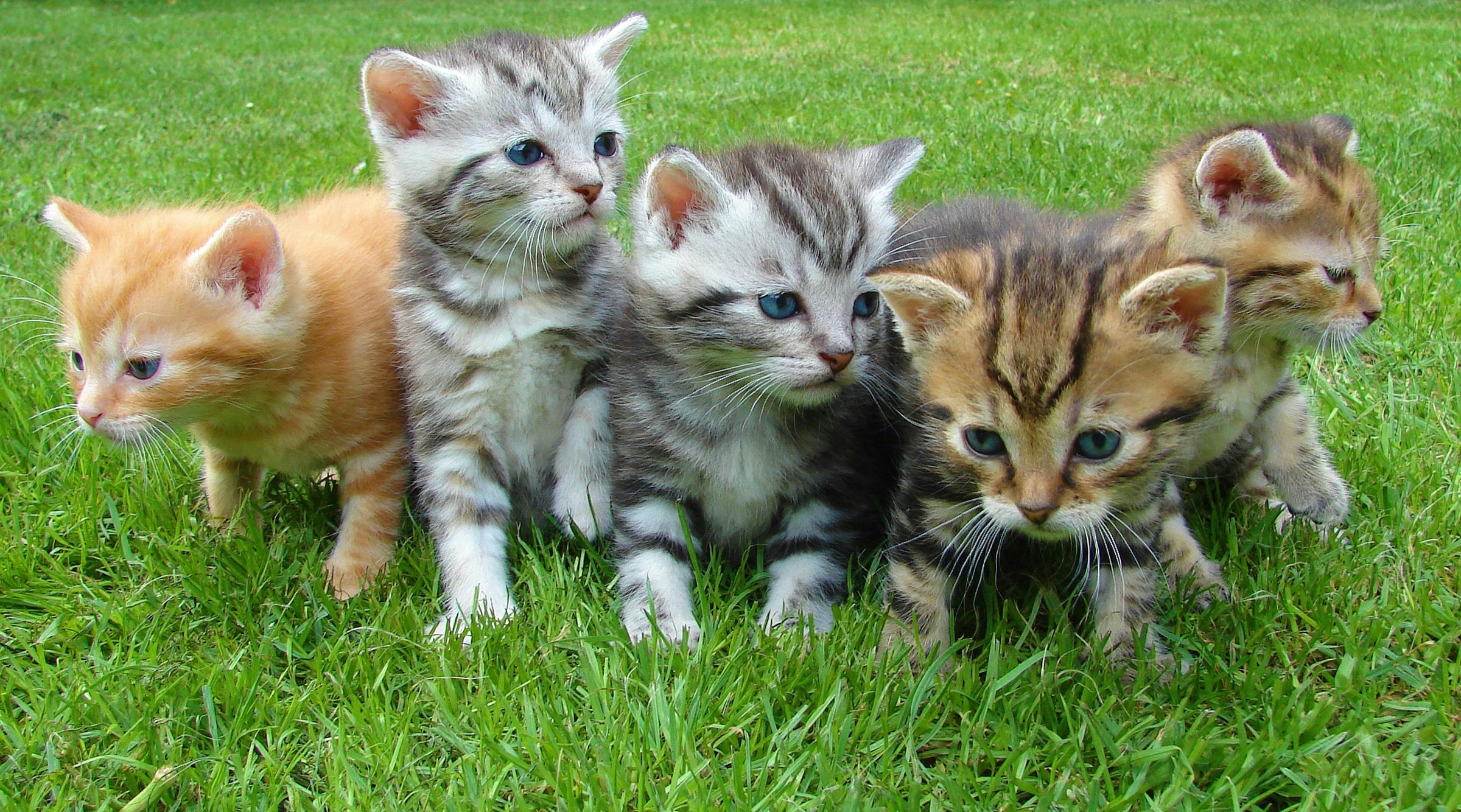
When cats have a regular schedule, they are happier, healthier and less anxious. Imagine if your schedule was unpredictable every day – it would be stressful and confusing. Cats experience the same thing! A routine gives them a reliable framework that improves their mood and behavior.
- Temperament: Routines affect a cat’s overall mood and sense of well-being.
- Temperament: Predictable activities promote a calm temperament.
- Mindset: A stable schedule promotes a balanced and calm mindset.
Benefits of routines on cats’ temperament ;- cats like routine
- Reduces anxiety: Routines help reduce anxiety-related behaviors, such as excessive grooming, aggression, or overeating.
- Strengthens the bond: Regular mealtimes, play sessions, and cuddle moments are great bonding opportunities for you and your cat.
- Supports physical health: Routines in feeding and exercise promote good habits, helping cats maintain a healthy weight and energy level.
Cats' Preferred Daily Rhythms - From Mealtime to Playtime
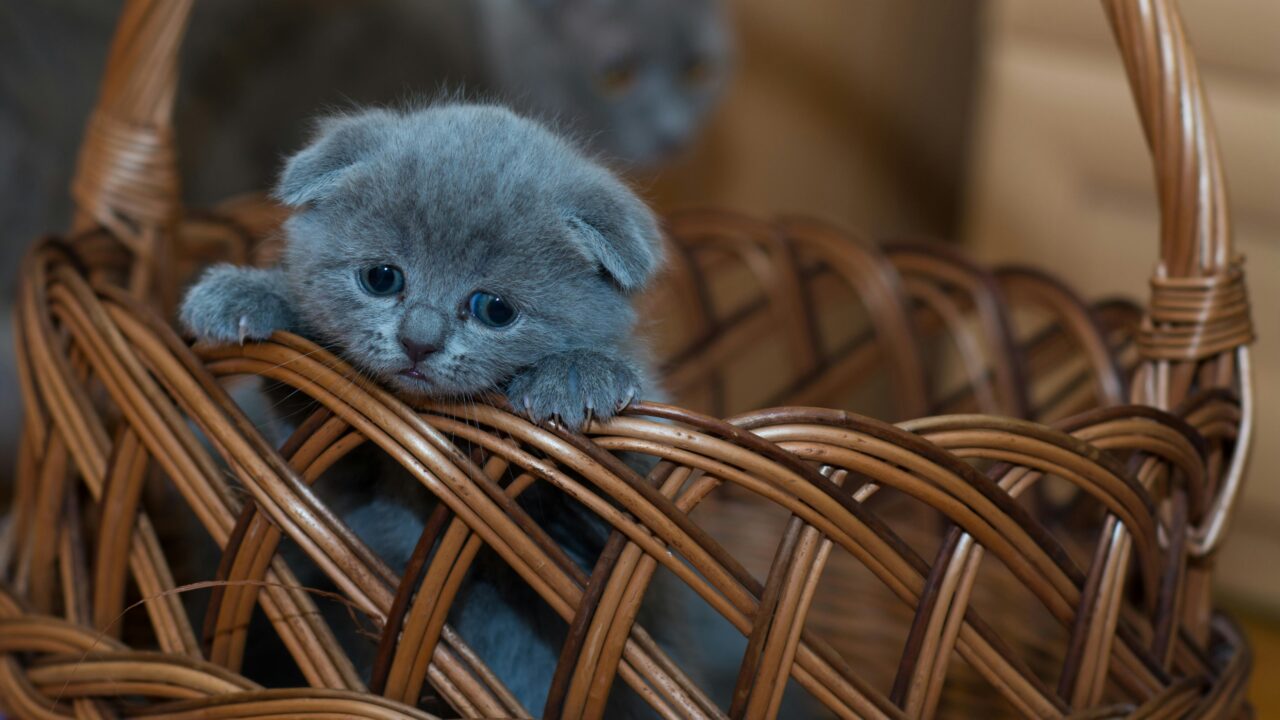
Cats thrive on routines for different parts of their day. Regular mealtimes, sleep routines and play sessions help them feel connected and relaxed.
Mealtime Rhythms : cats like routine
- Consistent feeding times: Try to feed your cat at the same time every day. This builds a sense of trust and expectation.
- Comfortable feeding environment: A calm, quiet place for mealtime ensures your cat feels safe and can enjoy their meals without stress.
- Sleep patterns : cats like routine
- Preferred sleeping spot: Most cats have a place to sleep every day. Providing a safe, comfortable sleeping spot helps keep their rest routine.
- Nap routine: Cats are famous for their frequent naps, and many even follow a certain nap rhythm throughout the day.
Play and exercise routines :
- Daily play sessions: Scheduled play time keeps your cat physically and mentally active, which is important for their health.
- Bonding through play: A regular play schedule isn’t just fun; it also strengthens your relationship with your pet, giving them a positive activity to look forward to.
Handling disruptions - how to adjust a cat's routine gradually
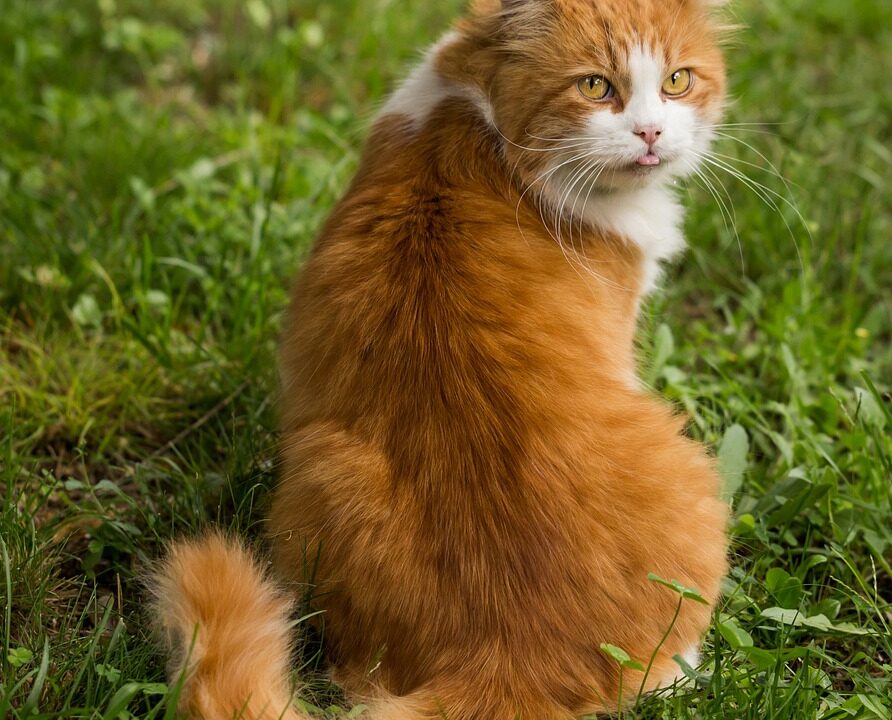
Life isn’t always the same, and sometimes routines are disrupted. Whether it’s a move to a new home, a change in your schedule, or a new family member, these disruptions can affect your cat. Here’s how to make these changes easier.
- Adapting schedules: Gradual changes can be made to help cats adapt.
- Modifying daily rhythms: Small, gradual modifications to a cat’s daily rhythm help them cope.
- Transitioning to new patterns: When necessary, help your cat transition smoothly into new patterns.
Tips for managing changes :- cats like routine
- Start adjustments slowly: If you need to change meal or play times, do so gradually over a few days.
- Maintain familiar elements: During the transition, try to keep core routines constant, such as meal or litter box cleaning times.
- Provide comfort items: Familiar toys, beds, or blankets provide reassurance if routines need to be changed.
Creating a Consistent Schedule - A Guide for New Cat Parents
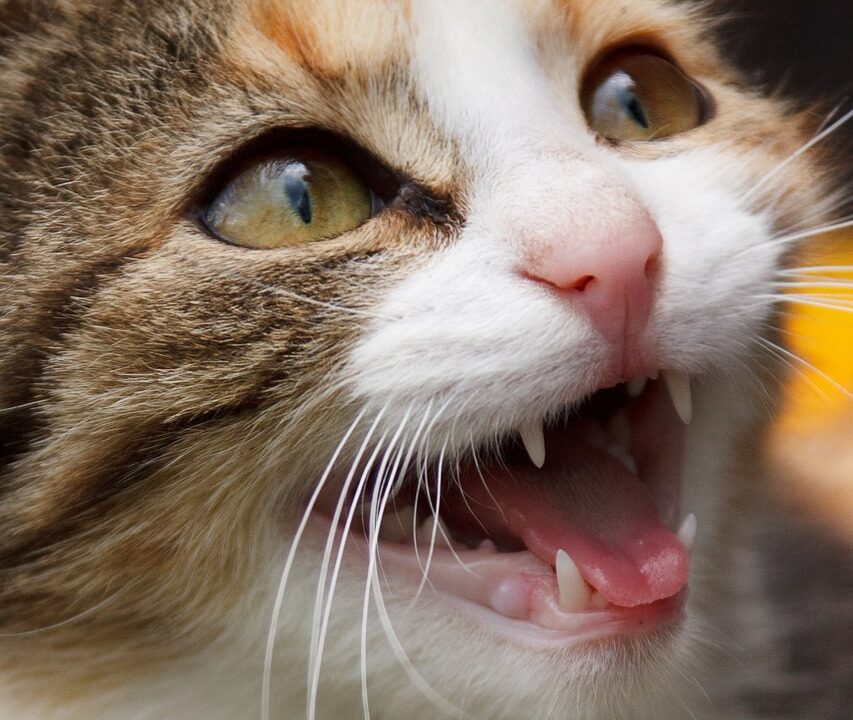
Creating a routine from day one can help your cat feel at home and promote a sense of security. Here’s a step-by-step guide to creating a schedule that supports your cat’s well-being.
Steps to Establish a Routine:-
- Set regular meal times: Start feeding your cat at the same time every day. A regular meal schedule is one of the most comforting routines for cats.
- Plan daily play sessions: Incorporate interactive play into your cat’s daily schedule. Cats love knowing they have a dedicated time to play with you.
- Create sleep-friendly spaces: Provide your cat with comfortable, quiet spaces where they can nap without interruption. Cats often like to rest in the same spot, so it’s important to give them these favorite spots.
- Add regular grooming: If your cat likes brushing or nail clipping, make this part of their weekly schedule. Grooming not only makes your cat look great but it’s also a bonding opportunity.
- Scheduled tasks: Cats benefit from scheduled tasks, such as mealtime and grooming.
- Scheduled schedules: Daily schedules, such as play sessions, provide consistency.
- Routine exercises: Maintaining regular practices, such as mealtime, improves cats’ comfort cats like routine.
Making Routines Fun - Adding Variety to Your Cat's Day
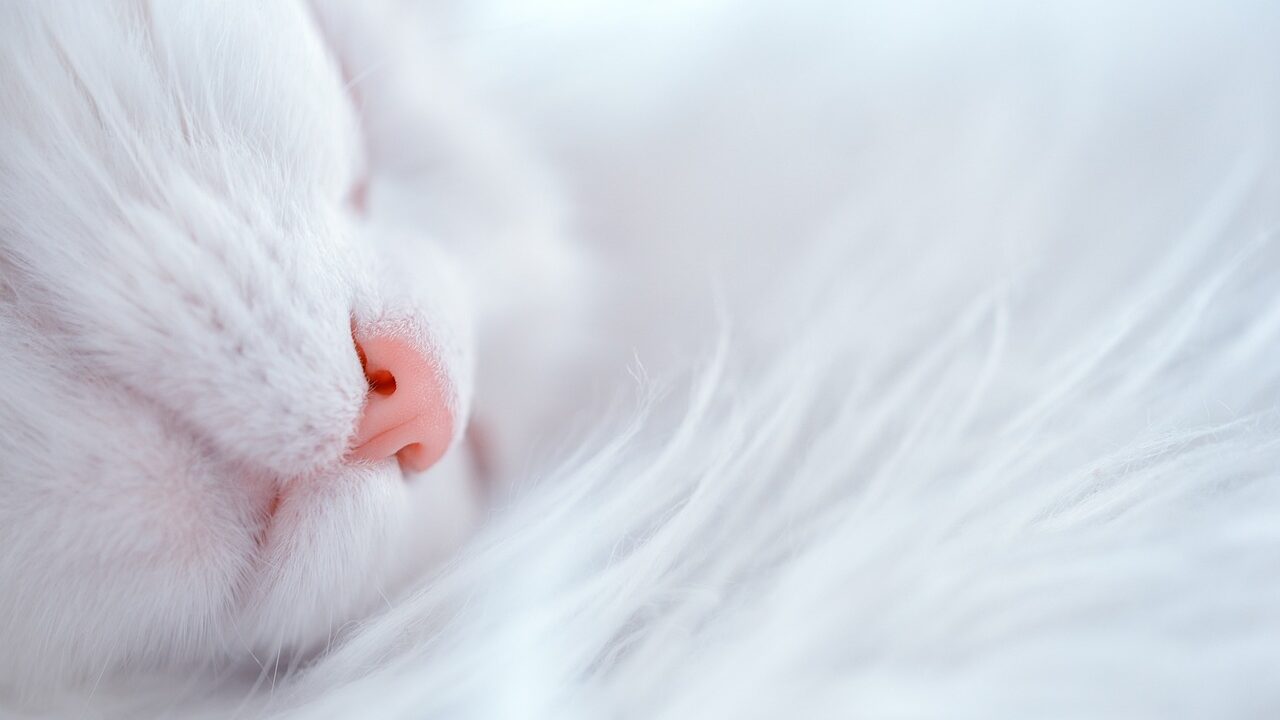
Routines don’t have to be boring. While cats love consistency, they also appreciate fun and engaging activities that stimulate their minds and bodies. Adding small, predictable changes can add richness to their lives while also honoring their love for stability.
Adding Playful Elements to Routines :-
- Interactive toys and treats: Include toys or puzzles during regular play sessions. Adding variety keeps things interesting without overwhelming your cat.
- Changing sleeping areas: While many cats have favorite places, changing up some comfortable sleeping areas adds variety while maintaining predictability.
- Scheduled outdoor time (if safe): If your cat likes to roam outside safely, regular, supervised outdoor time can be an enjoyable part of his day.
How Routines Build a Strong Bond Between You and Your Cat
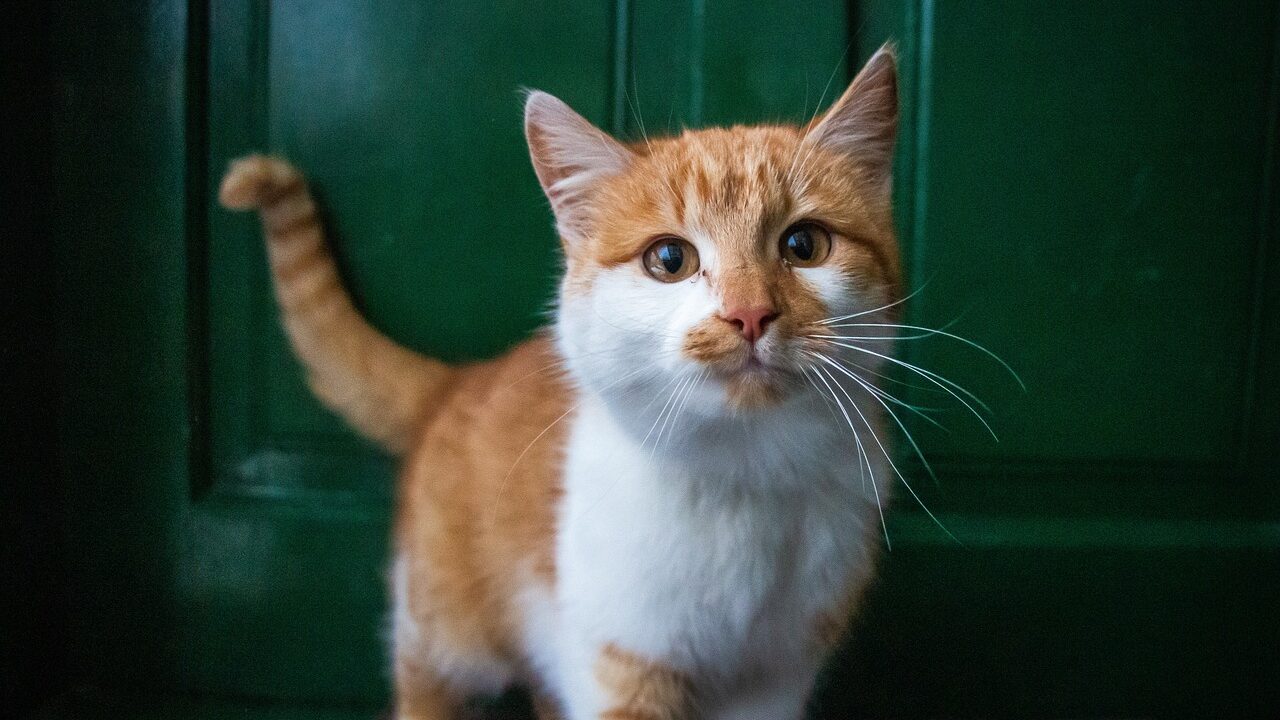
A regular schedule isn’t just beneficial for your cat; it’s also a great way to build a strong bond. When you follow a regular routine, your cat learns to trust you and feel valued. Every consistent action—whether it’s feeding, playing, or simply spending time together—becomes a shared moment that strengthens your relationship.
How Routines Build Trust
- Reliable mealtimes: Feeding your cat regularly shows them they can trust you.
- Scheduled attention: A routine lets your cat anticipate interactions, making them feel safe and connected.
- Predictable care: When you provide consistent grooming, health checks, and attention, you strengthen a sense of security and trust.
Conclusion
Cats may seem like independent creatures, but deep down, they crave stability and trust, and their love for routine is a reflection of that need. When you create a predictable, loving schedule for your cat, you’re not just making them feel safe and calm – you’re building a stronger bond and creating moments of joy that will last.
A consistent routine brings comfort and peace to your cat’s world, helping them feel secure in knowing what to expect each day. Whether it’s regular feeding times, play sessions, or quiet cuddles, these small rituals strengthen your connection and make your cat’s life richer. So, embrace the flow of routine, and watch your cat truly thrive in the comfort of a schedule that works for both of you. It’s a simple way to ensure a happy, peaceful life together, filled with love and trust Cats like routine.
FAQ For Do Cats Like Routine
Do cats get stressed without routines?
Yes, a lack of routine can make cats anxious. Without predictable events, cats can feel insecure, which can lead to stress-related behaviors.
How do I manage routines with an unpredictable schedule?
If your schedule fluctuates, try to keep certain tasks consistent, such as feeding and litterbox cleaning. Employing an automatic feeder or a reliable caretaker can help maintain your cat's comfort.
Can cats adjust to big changes in routine?
Cats can adjust to changes, but it's best to introduce these gradually. Cats like routine Familiar objects and gradual adjustments to food and play schedules can help ease the transition.
Do cats know your daily routine?
Yes, cats are good observers! They learn your daily habits, such as when you wake up, feed them, or go to work. They can even wait by the door when they know you are coming home because they have memorized your routine
Do cats like doing nothing all day?
Not really. Cats love napping-they sleep 12–16 hours a day-but they love short bursts of activity. If they appear to be doing "nothing," they're probably watching, planning their next play session, or just savoring the quiet time.
Is routine good for cats?
Absolutely! Cats thrive on routine because it makes them feel safe and secure. Knowing when meals, playtime, and cuddles are coming reduces their stress and keeps them happy.
Do cats get bored of routine?
Not usually. While they enjoy predictability, they also love variety within their routine—like new toys, fresh hiding spots, or a change in play activities.
Why do cats like routine so much?
Cats are animals of habit. Routine lets them feel in control, secure, and happy in the world around them.
Does your cat like a morning routine?
Most cats love their morning routine! They can come to expect breakfast or playtime or even some cuddles to get going.
Does your cat like a daily routine in the house?
Definitely. Indoor cats thrive off of routine since they have no uncertainty with the outside world. They find it reassuring to know where their food, litter box, and nap spots are located.
Good daily routine for cats? Here is an easy peasy structure that you can follow:
Morning: Give them breakfast, clean up litter box, and play 10–15 minutes.
Afternoon: Some interactive toys or a cozy window perch. Cats love to watch the world go by.
Evening: Dinner time, play some more (laser pointers are great fun), and cuddle time before bed.
What do indoor cats do all day?
They nap, groom themselves, explore their surroundings, sit at windows watching birds, and periodically have zoomies! Giving them toys and scratching posts keeps them entertained.
What do cats do all day outside?
Outdoor cats are active! They hunt, climb trees, patrol, and bask in the sun. They are naturally inquisitive and always on some adventure.
Do cats need structure?
Yes, cats love structure! It will make them know what is expected of them, so they are less anxious and feel more secure.
Sample Routine for Cats
Here is a loose, humanized routine that keeps your kitty happy and healthy:
Morning:
Welcoming them with love and then feeding them.
Play with their favorite toy for 10–15 minutes.
Afternoon:
Offer some quiet time or some interactive toys while you are working.
Make sure they have a sunny spot or a window perch.
Evening:
Dinner time! Then playtime with a wand toy.
Cuddle or brush them if they like it.

